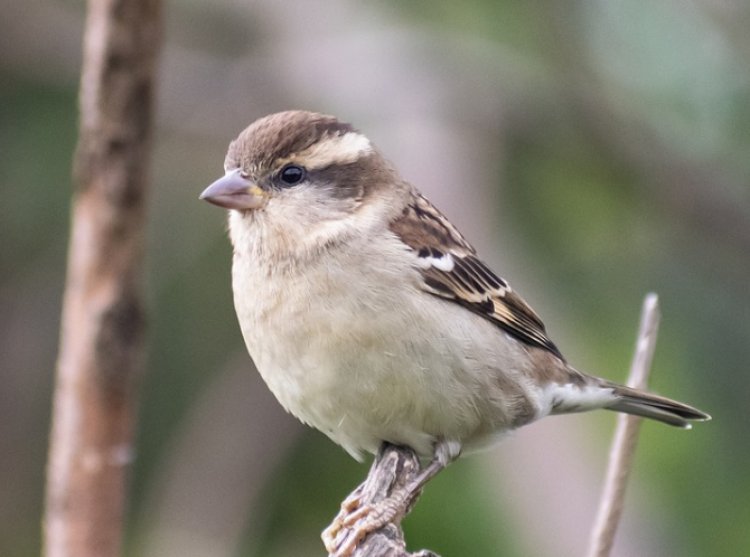Odisha village shows the way for sparrow conservation

Berhampur: Sighting of house sparrows is a very rare sight these days in many places. But not in Baghajhari, a village in Odisha that has come forward to conserve these threatened species for the past few years.
One can hear the chirping of the little birds and sighting of their fly from nest to nest, which was installed artificially in front of some of the houses in the village in Ganjam district by a local outfit.
Around a decade ago, the Anchalika Bikash Parishad (ABP) collaborated with the Forest Department to start an awareness drive on conservation of the house sparrows in the village, 175 km south of Bhubaneswar.
"The population of house sparrows in the village has increased from only five to around 200 presently in the village," ABP president Sagara Patra said.
Patra added that the earthen pots and artificial nests were distributed among the villagers. The items were hanged in front of their houses to attract the sparrows.
The pots are decorated in such a manner to attract birds to them to breed.
Besides Baghajhari, villagers of Lanjia and Gunthabandha and some others in the district decided to lend a helping hand in the movement.
"Now, we've installed around 200 eco-friendly artificial nests and feeder boxes in different places of Ganjam and Gajapati districts," Patra said.
After the installation and participation of the people in conservation, the population of the birds has increased manifold, according to Patra.
On Sunday, the organisation observed the World Sparrow Day at Lanjia by distributing the artificial nests and the earthen pots. Berhampur Divisional Forest Officer Amlan Nayak and Shankar Narayan Bez, the district coordinator of eco-clubs, and several others attended the event.
World Sparrow Day, which was started by an NGO named the Nature Forever Society, is celebrated to underscore the need to conserve sparrows and the urban biodiversity.
House sparrow or the passer domesticus is listed as 'least concern' in the Red List of Threatened Species of the International Union for Conservation of Nature.
Their population has declined rapidly as the cities are no longer a suitable habitat due to the pollution caused by microwave towers, pesticides, besides green spaces giving away to more concrete constructions, according to the WWF India.















































